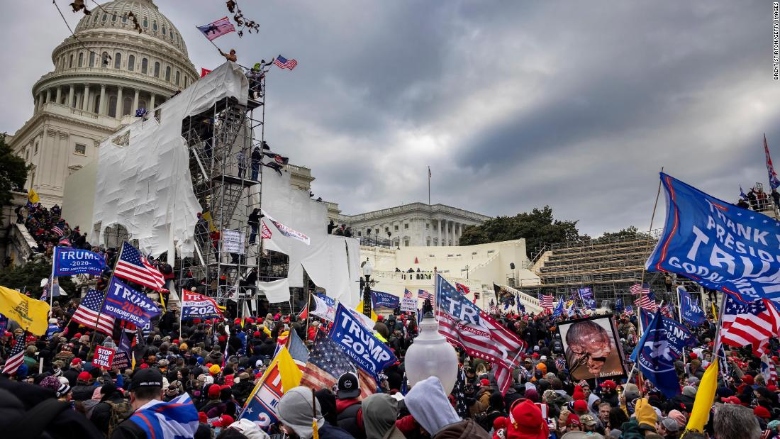Biden repeatedly stumbled over his words during his appearance on Lawful-Sanders’s show as he seeks to reassure Americans, he is mentally fit to hold the nation’s highest office.
On Saturday’s broadcast of CNN’s “First of All,” Andrea Lawful-Sanders, who hosts WURD’s “The Source,” and recently interviewed President Joe Biden on the show, said that the questions she asked the President were four that she approved from a list of questions that the White House sent to her.
Martinez, a prominent figure in radio broadcasting, revealed this information during an interview with another media outlet. She stated, “The questions I asked were given to me by the White House.”
This admission has ignited a firestorm of controversy, raising concerns about journalistic integrity and the transparency of the Biden administration.
The Interview and Its Aftermath
The interview in question took place earlier this month and covered a range of topics, including the Biden administration’s policies on immigration, climate change, and the economy. While the conversation seemed candid, Martinez’s disclosure has cast a shadow over the authenticity of the dialogue.
Martinez further explained that she was provided with a list of pre-approved questions before the interview. “I was given a script,“ she said, emphasizing that she was expected to adhere to it closely. This revelation raises significant questions about the administration’s approach to media engagement and the transparency of its communications.
Concerns Over Journalistic Integrity
The disclosure has drawn criticism from various quarters, particularly from those who advocate for journalistic independence. Critics argue that the provision of pre-approved questions undermines the role of the media as a watchdog and compromises the credibility of the information being disseminated to the public.
One prominent conservative commentator remarked, “This is a blatant attempt by the Biden administration to control the narrative and shield the President from tough questions. It is a disservice to the American public, who deserve transparency and accountability from their leaders.”
The controversy has also fueled concerns about the broader implications for press freedom in the United States. If the White House is able to dictate the terms of media engagements, it could set a dangerous precedent for future administrations, regardless of political affiliation.
The White House’s Response
In response to the controversy, the White House has defended its actions, stating that it is standard practice to provide interviewers with topics of interest ahead of time. “Providing questions or topics in advance allows for more productive and focused interviews,” a White House spokesperson said. “It ensures that the President can provide comprehensive and well-informed answers to the questions that matter most to the American people.”
However, this defense has done little to quell the criticism. Many argue that while it is reasonable to provide topics of interest, supplying pre-approved questions crosses a line and undermines the spontaneity and authenticity of the interview process.
Broader Implications for Media and Politics
The incident has sparked a broader debate about the relationship between the media and political power. It underscores the challenges journalists face in maintaining their independence and the pressures they encounter from powerful entities seeking to influence the narrative.
Conservative voices have been particularly vocal in their criticism, viewing this incident as part of a larger pattern of behavior by the Biden administration. They argue that the administration has consistently sought to manage and control media interactions, often at the expense of transparency and accountability.
A well-known conservative media figure commented, “This is just another example of how the Biden administration tries to manipulate the media to their advantage. They want to present a sanitized version of events, free from any tough questions or critical scrutiny.”
The Role of the Media in a Democratic Society
The controversy surrounding Martinez’s interview with President Biden highlights the crucial role that the media plays in a democratic society. The media serves as a check on political power, providing the public with the information they need to make informed decisions and hold their leaders accountable.
When the integrity of the media is compromised, it undermines the foundation of democracy itself. This incident serves as a reminder of the importance of journalistic independence and the need for transparency in government communications.
Conclusion
The revelation that the White House provided pre-approved questions for a radio interview with President Biden has sparked a significant controversy, raising questions about journalistic integrity and the transparency of the Biden administration. As the debate continues, it serves as a stark reminder of the challenges faced by journalists in maintaining their independence and the critical role they play in a democratic society.
